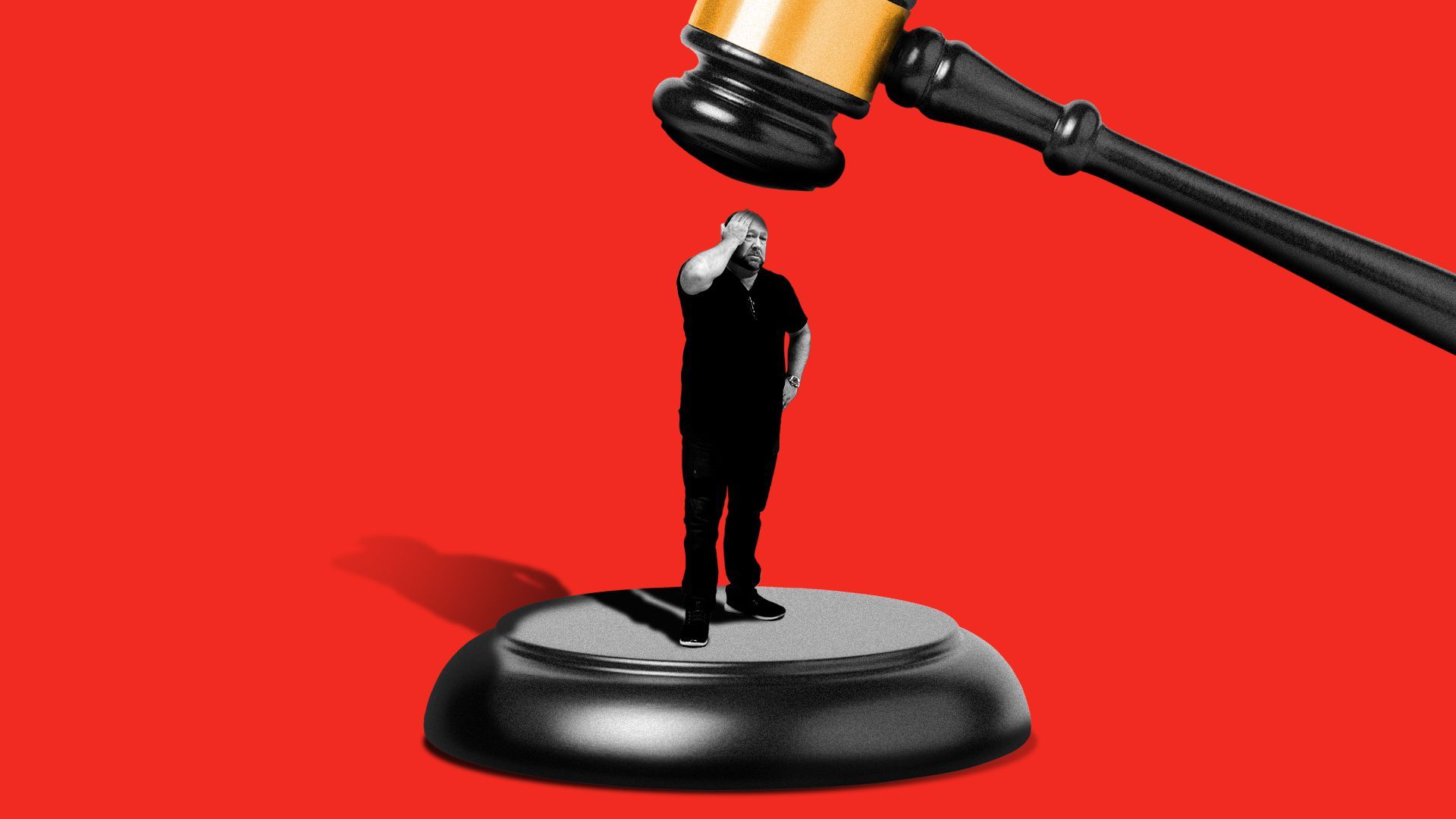 Data: U.S. Bureau of Labor Statistics; Chart: Axios Visuals "It's a good year for workers to be bargaining," says Pat Telesco, who helped negotiate a union contract — ratified late last week — for AT&T workers in 36 states that guarantees annual inflation-adjusted raises over the next three years, Emily writes. Why it matters: The tight labor market and rising inflation are putting increased pressure on employers to raise pay, and sparking a return of cost-of-living adjustments in union agreements (COLAs) that largely fell out of favor in recent decades. Union workers have some catching up to do: Pay for unionized workers in the private sector is up 4% from last year; but nonunion private sector workers saw wages increase even more, according to data from the BLS (h/t Bloomberg Law). - That's partly because the private sector can react more quickly to market shifts — good news in boom times when workers can get better raises.
- But less great in downturns, when the private sector can move faster to fire people (just look at the chart above to see what happened during the financial crisis).
Despite some signs of softening in the labor market, companies are still raising pay — or planning to — as the competition for workers is fierce. - Forty-four percent of employers said they plan on or are considering, boosting salary budgets, and 23% already have, according to a survey out Wednesday morning from WTW.
Worth noting: In addition to the COLA adjustments, the new AT&T contract guarantees some workers raises of up to 15%. - The contract also provides call-center employees who work from home with a $55 monthly WFH stipend, as well as provisions that limit the company's ability to surveil those workers.
- And, for the first time, these workers have paid parental leave. The contract also offers health care coverage from an employee's first day — whereas previously they had to wait 90 days.
"Used to be they didn't have to do that," but the union members had "good leverage," says Telesco, an area director at the Communications Workers of America and a former call center worker herself. - "There's money sprinkled all over the place in here; people are going to be in much better shape."
The bottom line: This is good for business. In a statement, AT&T said the contract "positions the company for growth." - "While other companies in our industry have spent years and millions of dollars fighting unionization, we continue to work to provide wages and benefits that are among the best in the nation."
| 










No comments:
Post a Comment